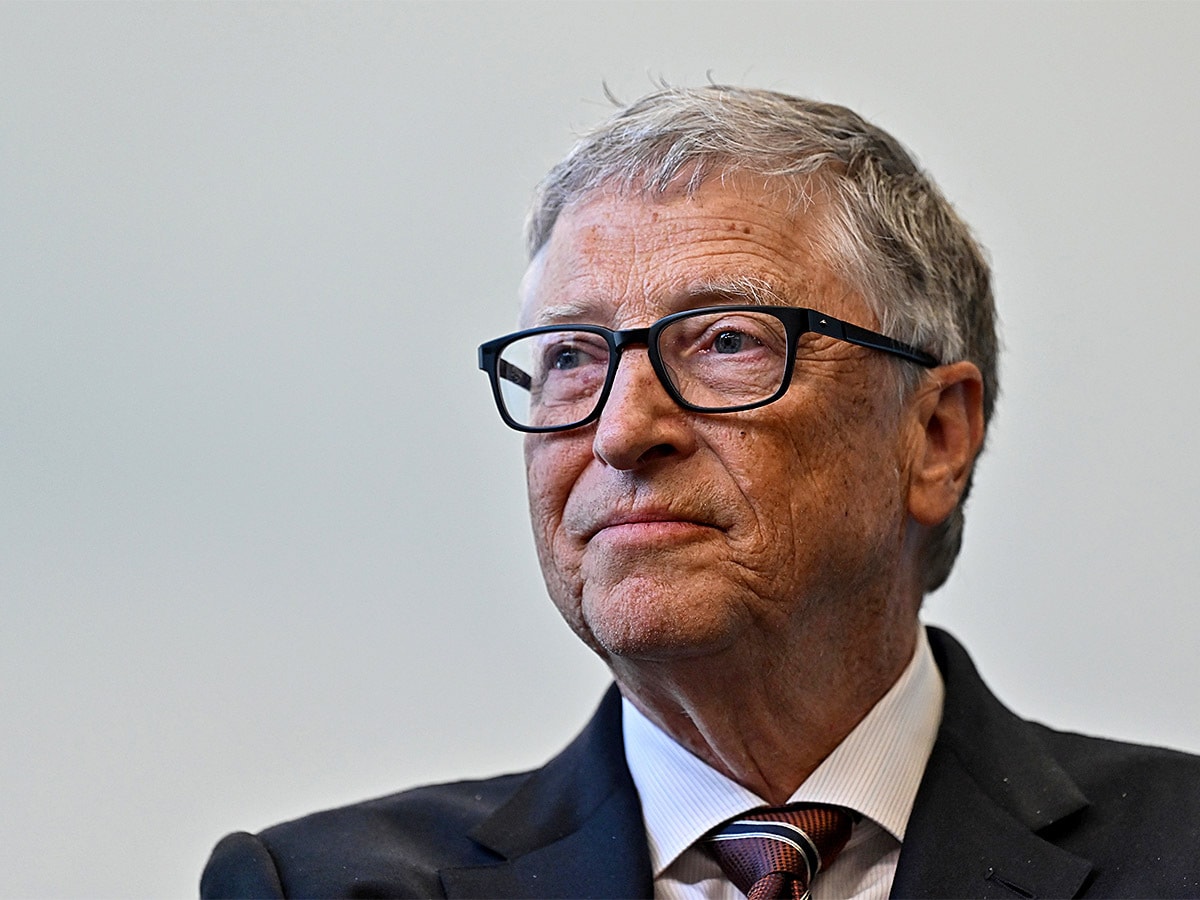Bing, Bard and ChatGPT have dominated tech headlines over the past few weeks, but there’s a lot of work to do to improve the accuracy of large language models. Artificial intelligence (AI) may help Microsoft to challenge Alphabet’s search dominance.
– Bill Gates believes AI will help Microsoft eat into Alphabet’s search engine dominance.
–Wedbush sees near-term benefits for search advertising, but the long-term potential of AI is in enterprise.
– AI-focused funds that hold Microsoft have outperformed the Nasdaq Composite and S&P 500 year-to-date.
A couple of weeks after the launch of Bing AI, Microsoft [MSFT] co-founder Bill Gates has predicted that his company’s partnership with OpenAI will hurt Alphabet’s [GOOGL] profits over time.
“Google has owned all of the search profits, so the search profits will be down, and their share of it may be down because Microsoft has been able to move fairly fast on that one,” Gates told the In Good Company podcast, hosted by Nicolai Tangen, CEO of Norges Bank Investment Management, Norway’s sovereign wealth fund.
Gates added that he expected AI to lead to a “pretty dramatic potential reshuffling” of the big tech market, affecting Amazon [AMZN] and Apple [AAPL] as well.
AI-powered Bing to challenge Google
Microsoft’s Bing has long struggled to compete with Google Search. The search engines had respective market shares of 3.03% and 92.9% as of January, according to StatCounter data.
Alphabet’s revenue from its ‘Google Search and other’ segment, which includes Gmail, Google Maps and Google Play, was $162.5bn for the fiscal year (FY) ending 31 December 2022, up from $148.95bn in FY21. This dwarfed revenue from Microsoft’s search and news advertising segment, which brought in $11.59bn in FY22, up from $9.28bn in FY21.
The new AI-powered version of Bing has had teething problems since its launch. Several users have reported disturbing interactions with the chatbot, leading to Microsoft introducing daily conversation limits. Despite this, the big tech giant is confident that it can gradually eat into Alphabet’s search dominance.
Philippe Ockenden, chief investment officer of Windows at Microsoft, told investors on a conference call earlier in February that every percentage point it gains in the search market is “a $2bn revenue opportunity for our advertising business”.
Long-term potential of AI is enterprise applications
Speaking on the In Good Company podcast, Gates said he had been surprised by the acceleration of advances in AI and was “quite impressed” by the technology’s ability to read and write. But there’s a long way to go in making large language models more accurate, he added.
When asked who he thinks might win the AI race, Gates was not forthcoming, but Wedbush analyst Dan Ives is confident Microsoft will prevail: its AI-powered version of Bing will add advertising revenue in the near term, but the real potential is in its enterprise segment.
“[W]e expect much more cloud integration with Azure during 2023 as its AI Game of Thrones battle takes place among Big Tech. ChatGPT monetisation could add roughly $20 per share at least to the Microsoft valuation we estimate,” tweeted Ives on 17 February.
Wedbush reiterated its ‘outperform’ rating on the stock last week, while raising its target for the Microsoft share price from $280 to $290.
The Microsoft share price was at $250.16 at the close on 24 February, while Alphabet’s was $90.10.
Funds in focus
The excitement around ChatGPT has understandably led investors to pour into funds focused on AI and disruptive tech since Microsoft announced its investment in OpenAI. These funds have far outperformed the Nasdaq Composite’s 8.9% year-to-date return and the 3.4% returned by the S&P 500 benchmark.
The L&G Artificial Intelligence UCITS ETF [AIAG.L] is up 16.6% year-to-date. The fund has allocated Microsoft and Alphabet 1.61% and 1.46% of its portfolio respectively.
The Defiance Quantum ETF [QTUM] tracks the BlueStar Quantum Computing and Machine Learning Index. It has currently allocated Microsoft 1.36% of its portfolio, while Alphabet has a 1.25% weighting as of 27 February. The fund is up 11.5% year-to-date.
The WisdomTree Artificial Intelligence UCITS ETF [INTL.L] has allocated Microsoft and Alphabet 0.35% and 0.30% of its portfolio respectively as of 24 February. The fund is up 19.5% year-to-date.
Disclaimer Past performance is not a reliable indicator of future results.
CMC Markets is an execution-only service provider. The material (whether or not it states any opinions) is for general information purposes only, and does not take into account your personal circumstances or objectives. Nothing in this material is (or should be considered to be) financial, investment or other advice on which reliance should be placed. No opinion given in the material constitutes a recommendation by CMC Markets or the author that any particular investment, security, transaction or investment strategy is suitable for any specific person.
The material has not been prepared in accordance with legal requirements designed to promote the independence of investment research. Although we are not specifically prevented from dealing before providing this material, we do not seek to take advantage of the material prior to its dissemination.
CMC Markets does not endorse or offer opinion on the trading strategies used by the author. Their trading strategies do not guarantee any return and CMC Markets shall not be held responsible for any loss that you may incur, either directly or indirectly, arising from any investment based on any information contained herein.
*Tax treatment depends on individual circumstances and can change or may differ in a jurisdiction other than the UK.
Continue reading for FREE
- Includes free newsletter updates, unsubscribe anytime. Privacy policy





